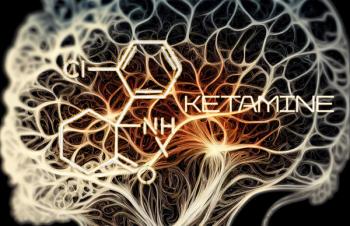
In this CME article, learn more about the best practices for engaging patients in the informed consent process for psychedelic treatment and psychedelic-assisted psychotherapy.

In this CME article, learn more about the best practices for engaging patients in the informed consent process for psychedelic treatment and psychedelic-assisted psychotherapy.

In this CME article, learn more about the full continuum of presentations and variable trajectories typical of females with ADHD.

In this CME, learn more about implementing formal or informal collaboration with the primary care clinicians with whom you share care of your child patients.

In this CME, check out best practices for screening and treating adolescents and young adults with substance use issues.

In this CME, learn more about frontotemporal lobar degeneration and the several overlapping syndromes that it encompasses, as well as how to distinguish behavioral variant frontotemporal lobar degeneration from other psychiatric disorders.

In this CME, learn the current criteria, unique diagnostic biomarkers, and differential diagnosis of Lewy body dementia.
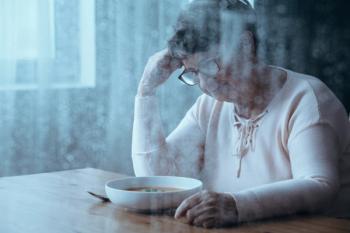
In this CME article, learn how to evaluate older adults who present with significant appetite and weight changes for the presence of an eating disorder.

Are you ready to understand how recovery-oriented cognitive therapy (CT-R) promotes wellness and empowerment for individuals experiencing serious mental health challenges? Check out this CME article.

Revisiting the CME articles featured in Psychiatric Times in 2022.

While there are no FDA-approved medications available for CUD, some studies show potential off-label utility in mitigating withdrawal and maintaining abstinence. Learn more in this CME article.

In this CME article, learn how to apply novel treatment approaches for patients with bipolar depression.

In this CME article, explore the mental health consequences associated with the COVID-19 pandemic as well as the potential role for complementary and alternative approaches.
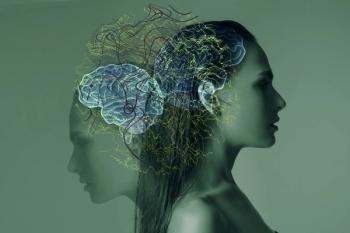
In this CME article, learn more about the rationale for considering novel treatments for patients with bipolar depression.

In this CME article, examine how current DSM nosology defines the proper method of assessing a mixed-episode patient and which diagnostic labels to give them based on their presenting symptomatology.

In this CME, review the pathophysiology of anti-N-methyl-D-aspartate receptor encephalitis.

In this CME, review the clinical, legal, and ethical aspects of the civil commitment for substance use disorders.
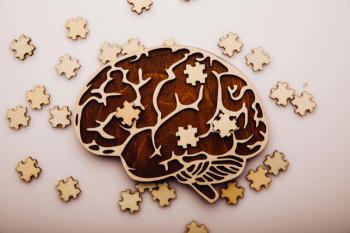
In this CME, review novel, currently available, and promising pharmacological treatment options for treatment-resistant depression.

In this CME, evaluate the treatment options for depression among older adults.

In this CME article, learn about the best ways to assess depression in the geriatric population.

In this CME article, familiarize yourself with various pharmacokinetic, pharmacodynamic, and patient-specific factors to review to develop a successful cross-titration plan from one antipsychotic to another.
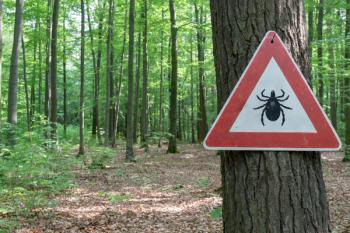
In this CME article, learn more about the controversies surrounding Lyme disease diagnosis and treatment, and common neuropsychiatric presentations of and treatment options.

Psychiatric Times featured a wide variety of psychiatric issues in this year’s CMEs.

In this CME, learn to recognize risk factors and potential identifiers of human trafficking and identify trauma-informed approaches in evaluating human trafficking victims and survivors.

In this CME, learn to identify 3 patient groups who are characterized by elevated rates of suicidal behavior and co-occurring cognitive/neuropsychological impairment.

In this CME, the link between personality disorders and violence is explored. Much still remains to be learned about the factors that mediate the link.

How can you be better prepared to interview and care for peripartum patients? This CME shows you how.

Our roundup of free CMEs features innovating strategies for diagnosing and addressing the neuropsychiatric signs of multiple sclerosis, the therapeutic potential of psilocybin, poststroke depression, and more.

This CME covers the ins and outs of fibromyalgia, and everything a mental health professional needs to know when dealing with it.

This CME covers how CNS-related psychosis may require medical interventions beyond antipsychotic and other psychotropic medications.

Recognizing the need to stay up-to-date with psychopharmacology and issues affecting psychiatric practice, Psychiatric Times' Editor in Chief invites readers to join him and leaders in psychiatry for a fascinating educational conference.